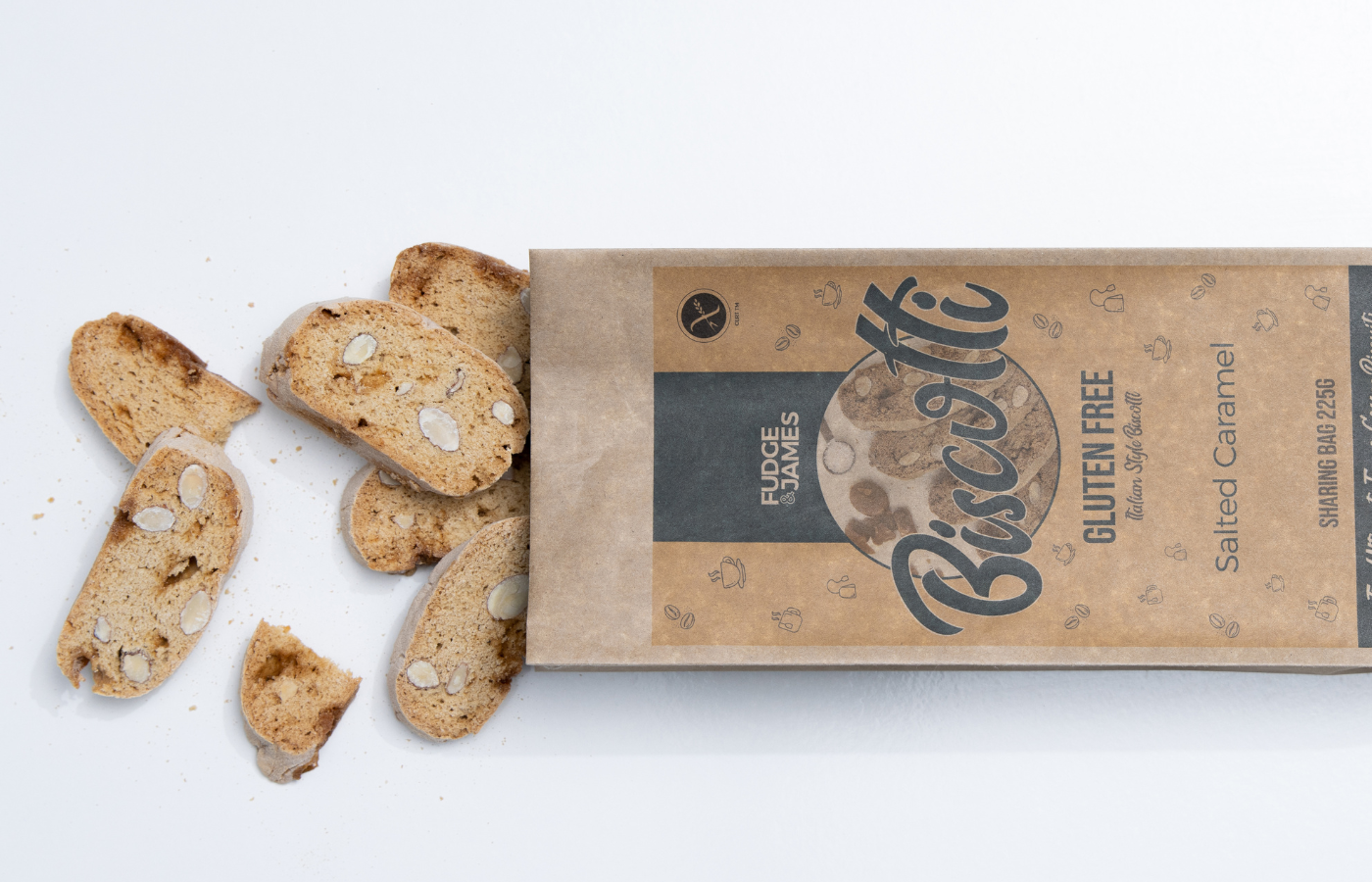This may surprise you, but what’s inside your gut is actually “outside” your body!
The gastrointestinal tract is a protective barrier between your bloodstream and the external world. As a result of this, your gut has to deal with all potential pathogens found in anything you ingest, and therefore needs to have an effective immune system in place to prevent illness and ward off attacks.
How does your gut carry out this job?
Around 70 to 80 percent of your immune system resides in your gastrointestinal tract. Your gut wall is lined with these bacterial security guards, immune cells known as “Peyer’s patches”. These cells protect the mucous membranes of your small intestines against infection by releasing white blood cells (T-cells and B-cells).
Gut bacteria helps your immune system’s T-cells develop by teaching them the difference between a foreign substance and your body’s own tissues. They can then determine how and to what your immune system responds.
Your gut health plays a huge part in the success of this process. If there is a mistake in this system, like an overgrowth of bad bacteria, this can lead your body’s immune system to start attacking your own cells, leading to auto-immune conditions. This is why it’s really important to have colonies of “good” bacteria in your gut.
What are probiotics and how do they help your immune system?Probiotics are live bacteria that are good for your health, especially your digestive system. Bacteria is usually thought of as something that causes diseases, but your body is full of bacteria, both good and bad. Probiotics are often called “good” or “beneficial” bacteria because they help keep your gut healthy.
While there are many ways to maintain a healthy balance of bacteria within your gut, including frequent exercise and eating a healthy diet, taking a probiotic supplement is an easy way to stay on top of your health.
Here are some other steps that can improve your gut-related immunity:
- Eating probiotic foods
- Reducing sugar and alcohol
- Increasing fibre intake
- Increasing omega 3 fatty acids
- Moderate amounts of exercise
- Getting enough sleep
- Reducing stress.
Some main features of a good probiotic:
- Contains a blend of strains that are clinically proven and common to the digestive system
- Contains strains that have a resistance to the harsh environment of the digestive tract
- Contains strains that adhere to the stomach lining
- Shelf stable for convenience
- Look for “CFU” on the label, which means ‘colony forming units’. These are live cells that form into colonies once they’ve reached their target area.

A great probiotic option is Lighthouse Probiotic 75 Billion, which contains all of the above. It is encapsulated in a delayed-release vege capsule that aids in its delivery throughout your digestive system.
Always read the label and take as directed. If symptoms persist, consult your healthcare professional. Lighthouse Health Distributors Limited, Hamilton.








